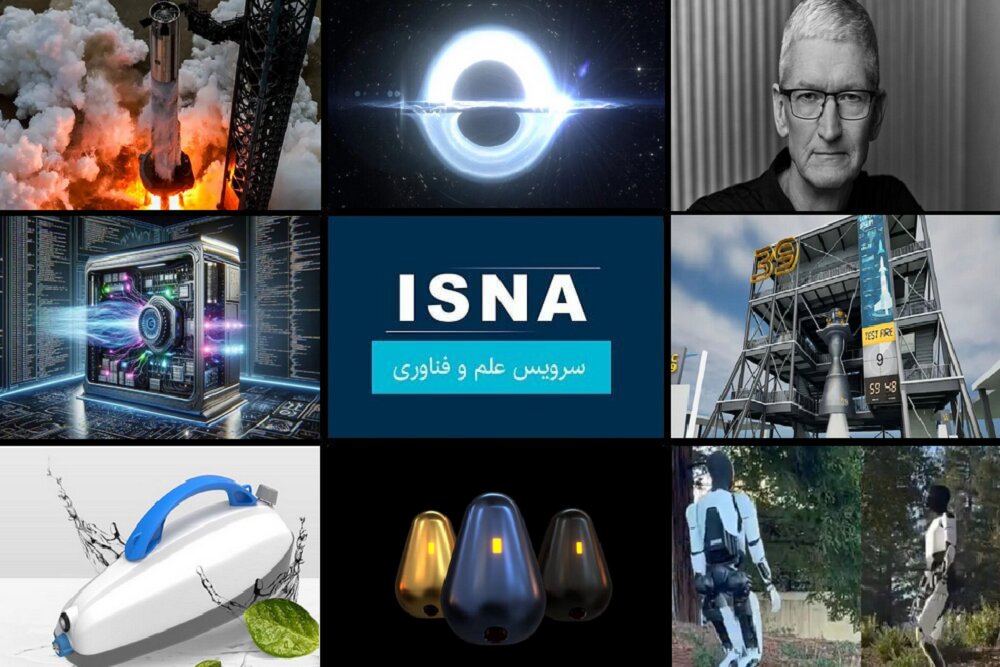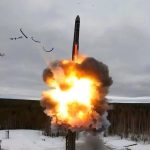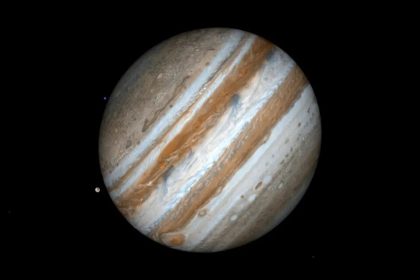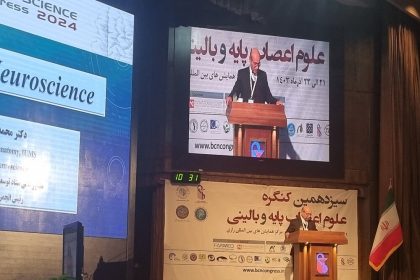The world of science and technology witnessed interesting events today, 20 December, which this news has briefly covered.
According to RCO News Agency, The science and technology of Iran and the world today was accompanied by various news. Now, in this report, we will review the summary of these news.
How big can super black holes get?
Black holes are one of the most fascinating and yet mysterious objects in the universe that have attracted cosmologists and there are many questions surrounding them.
Description of the latest implementation status of the geological transformation plan and exploration/preparation of the subsidence map is on the agenda of the researchers
The Geological Development Plan, which was put on the agenda of the Geological Organization since 1400, is trying to complete the information of 420 cells (projects) of 150,000 geology in 3 layers of geochemical geology, systematic geology and economic geology in the target provinces.
Inventing new artificial intelligence with thousands of times the speed of supercomputers
Artificial intelligence developed at Johns Hopkins University can solve complex medical and engineering problems thousands of times faster than supercomputers.
The rocket engine test observation tower will be opened in 2025
In 2025, NASA will open an observation tower for visitors to get a closer look at the launch of the rocket engine.
Production of polymer structures for restorative treatment of teeth and denervation
One of the technological companies produced polymer structures called Fiberpaste for tooth restoration treatment.
Turning water into a powerful virus killer with an innovative device
A new plasma technology turns water into a virucidal device, killing 99.8% of germs with ease.
“OpenAI” video maker artificial intelligence is ready
OpenAI’s artificial intelligence model called “Sora” is finally available to users.
Test booster of “Starship” rocket on the eve of the seventh flight
The booster of the first stage of the large “Starship” rocket was turned on on the eve of its seventh test flight.
A new tool to identify food ingredients from photos
If you’ve ever used a meal plan or kept a food journal to track things like protein or calories, you know how difficult it can be to follow the process. That’s where the first automated food logger wearable comes in, collecting all the nutritional data without any effort on your part.
The smallest asteroids were detected in the main belt
An international research group led by MIT University has found the smallest asteroids ever detected in the main belt with their unique detection method.
The results of researchers’ studies about the earthquakes of Suleiman Mosque
According to the results of the researchers of the International Research Institute of Seismology and Earthquake Engineering, in the last 100 years, about 2131 earthquakes have been recorded in the area of Masjid Suleiman in Khuzestan province, while this region experienced one of the most destructive earthquakes in history with a magnitude of 6.8 in 1262 AH. has done
Video of Optimus robot walking on uneven ground
The published video of the robot “Optimus” shows it walking in nature on uneven ground.
Tim Cook says that being first does not necessarily mean being the best
With the release of Apple’s artificial intelligence, Tim Cook is more convinced that the tech giant’s smart apps will define its legacy.
Aurora is back
The new illustrator of the social network X (X) called Aurora, which disappeared shortly after its release, is back again.
The universe is expanding faster than physicists can explain
When two of the most powerful human eyes agree that something strange is happening, astronomers take notice. Now, the James Webb Space Telescope has backed up what Hubble has been telling us for years. According to Web observations, the universe is expanding faster than our best knowledge of physics can explain, and no one knows why.
Implantation of a brain implant under the skin without the need for brain surgery
The startup Phantom Neuro is developing an implant that goes under the skin instead of the brain, allowing amputees to more precisely control electronic prostheses.
end of message
RCO NEWS

















